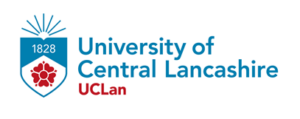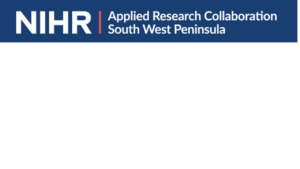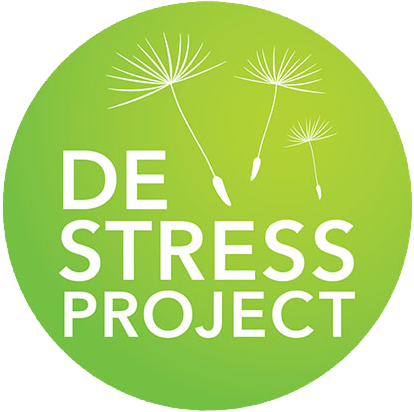DeStress 2
Aims
One of the outputs of the initial DeStress project (2016-2019) was a set of training materials aiming to support GPs in their consultations with people from areas of economic disadvantage living with mental distress.
In a follow on study called ‘Implementing effective primary care responses to poverty-related mental distress’ (DeStress-2), we further developed these training materials, co-producing a training resource with GPs and community partners. We delivered the training across three Applied Research Collaboration (ARC) regions in England; South West England (PenARC); North London (ARC NT); North West England (ARC NWC) in GP practices serving diverse poverty-affected populations.
The one-hour DeStress training sessions were delivered by our training teams which comprised of a GP and one of our community partners (someone with lived experience of poverty-related mental distress). The training was delivered either online or in person to 508 primary healthcare professionals across 53 GP practices during 2022.
The training was delivered in a way that endorses existing good practice and encourages team-based support for change. It aimed to change the consultation culture away from ‘quick fix’ antidepressant prescribing towards a more scientifically robust personalised bio-psycho-social approach to providing support. Such an approach aims to improve trust and engagement with low-income patients, fosters shared decision-making with patients around treatment and support (including social interventions to address mental distress), co-creates continuity in support, and recognises and seeks to build on personal strengths.
We evaluated the training by carrying out interviews with 22 GPs and 76 patients. We then used this information to create a digital training resource that we are plan to test further in GP practices across England during 2023.
If you are a GP and you are interested in your practice receiving the DeStress training, please contact Jane Horrell j.e.horrell@exeter.ac.uk





![]()
![]()
